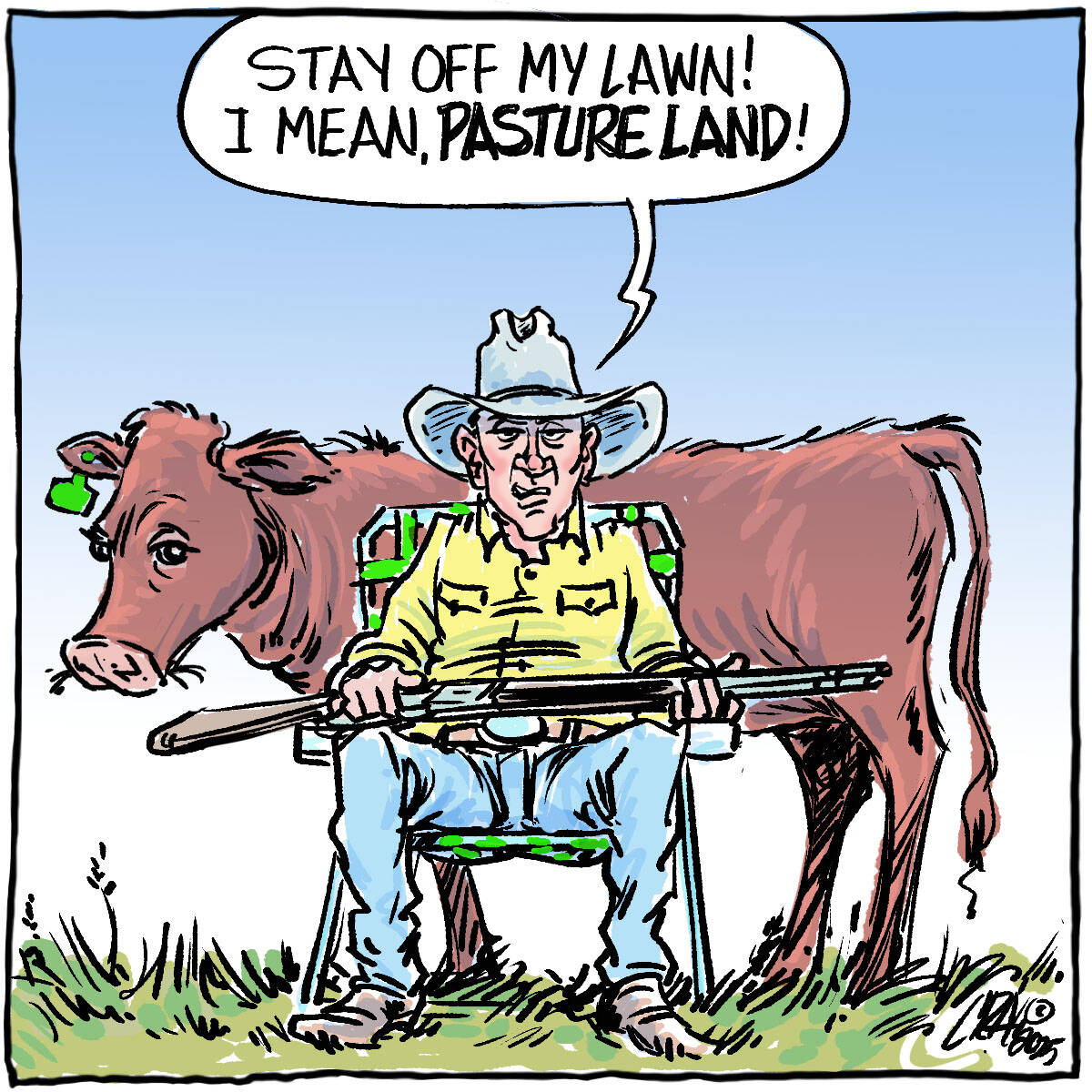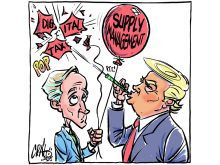ONE of the first things rookie reporters must come to grips with is perspective.
Everything covered seems “historic” and the stuff of future note.
In truth, while everything that reporters cover is the first draft of history, as journalism professors like to say, few events truly are historic candidates for future note or footnote.
Nov. 6, 2003, in the House of Commons truly did have the feel of the historic to it.
It was assumed to be the last day Jean Chrétien will sit in the House as prime minister and the tributes were heartfelt.
Read Also

Term easements positive way to protect grasslands
Term easements positive way to protect grasslands
Love him or hate him, Chrétien’s 40-year record in federal politics, more than 10 of them as prime minister, have been a remarkable saga.
While his critics insist that Chrétien’s strengths are underwhelming, he managed to become the fifth-longest serving prime minister in Canadian history and only the second Liberal prime minister to win three consecutive majority governments.
As he often does, former Progressive Conservative prime minister Joe Clark came closest to capturing the essence of that record, of using parliamentary debate to capture a truth.
“This prime minister earned his way to high office,” Clark said.
“Time and again, he did the heavy lifting. Time and again, he took hard decisions which Canadians in the end supported.”
Well, a minority of Canadians but enough to give him three election victories and every likelihood of a fourth if the party had not turned on him and insisted that senior citizen Paul Martin have his moment in the prime ministerial sun.
But Nov. 6 in the House of Commons was not a keeper day just because of the end of the Chrétien era.
Even though there is a chance of a few more weeks of sittings before the inevitable spring election call by Martin, being crowned Liberal leader this week in Toronto, last week effectively marked the end of this Parliament and an end to some other remarkable political careers.
Clark himself, after more than a quarter century in Parliament and a brief stint as Canada’s 16th prime minister, likely was spending his last day in the House.
And on Canadian Alliance benches, Edmonton North MP Deborah Grey is bowing out.
Hers is a career to remember because in 1989, she was the first Reform party MP elected.
Grey was the vanguard of the purest voice of prairie protest in the House of Commons since the Progressive party more than 80 years ago.
Grey briefly led the party in the Commons, was one of the party’s sharpest speakers over 15 years and although undermined by her brief flirtation with the Progressive Conservatives and buying into the parliamentary pension plan that she had so acerbically denounced, she remains an icon of modern-day prairie protest politics.
She has a space on the wall of “bridge builders” maintained by the Canadian Alliance in its Parliament Hill caucus room.
Nov. 6 also marked the effective end of the parliamentary career of Alliance agriculture critic Howard Hilstrom and maybe PC critic Rick Borotsik, who is unhappy with plans for a new merged Conservative Party and may not run again.
“Historic” doesn’t seem like an over-statement for Nov. 6, 2003, in the House of Commons.
















